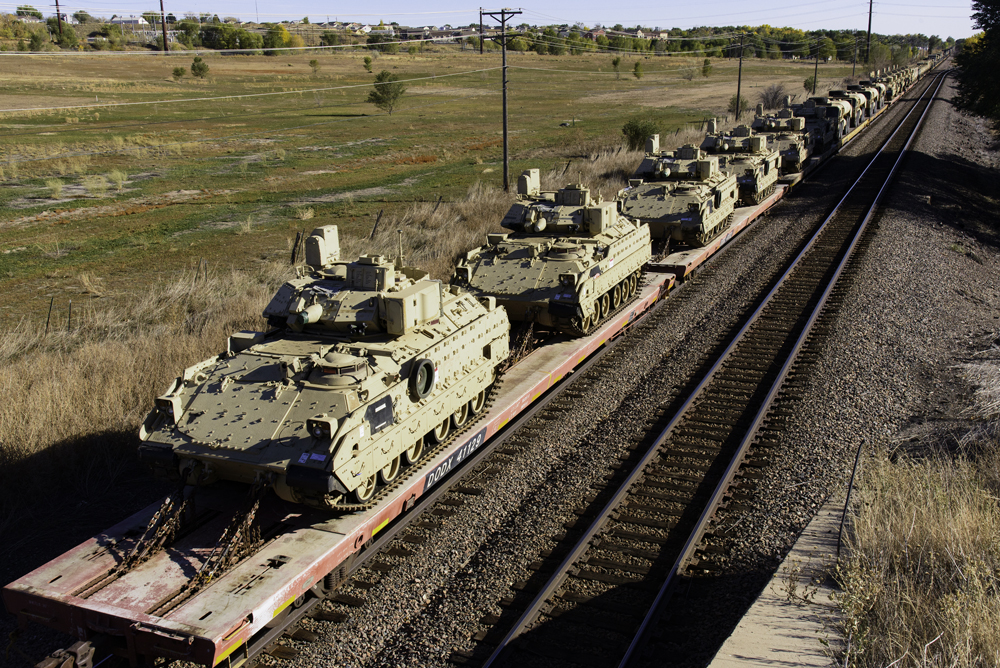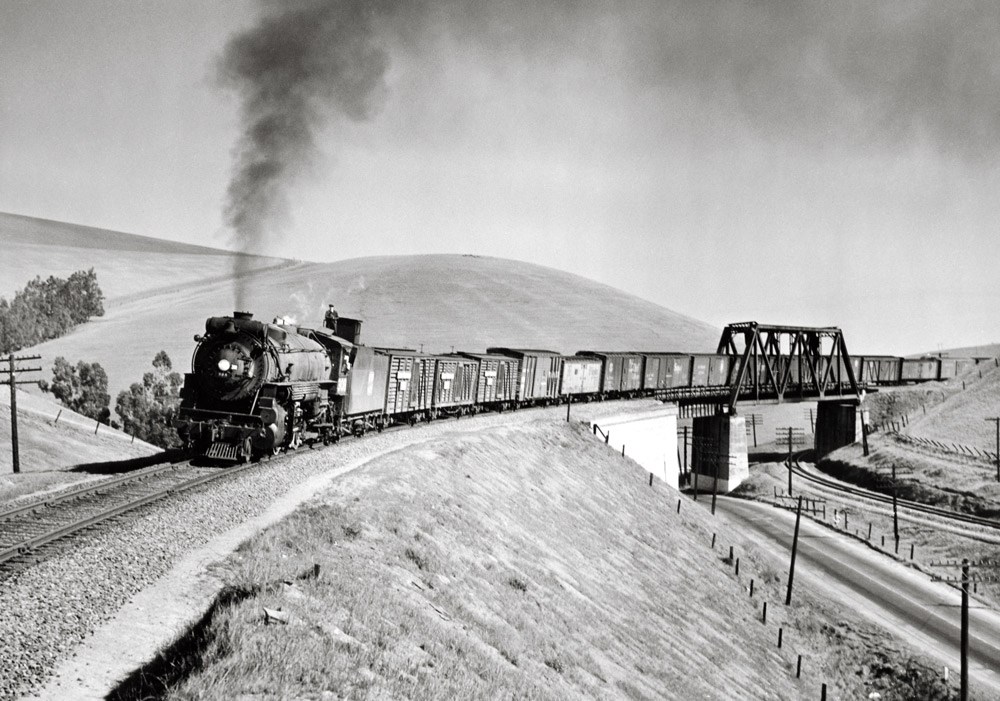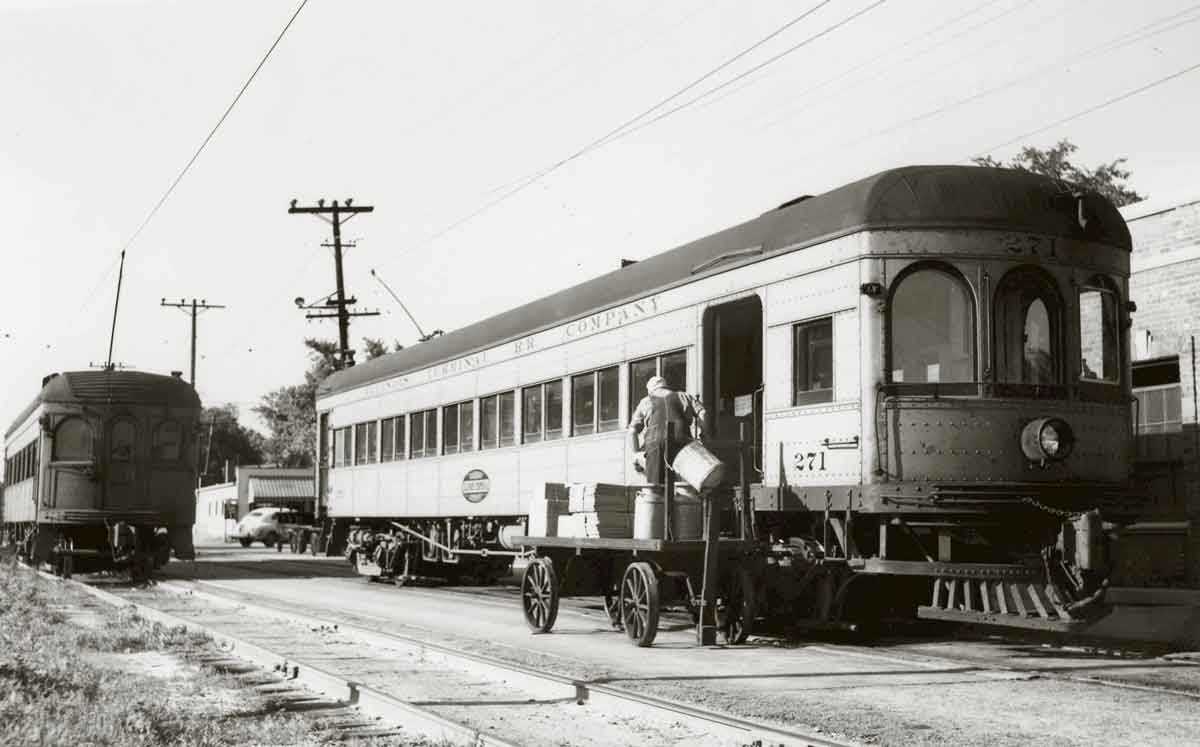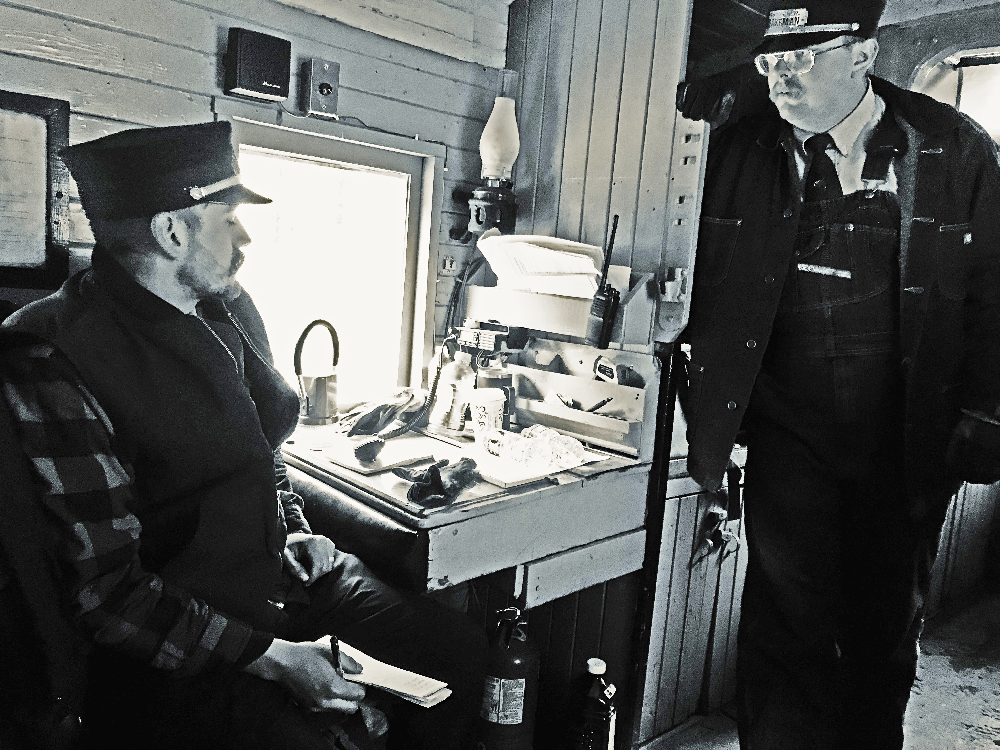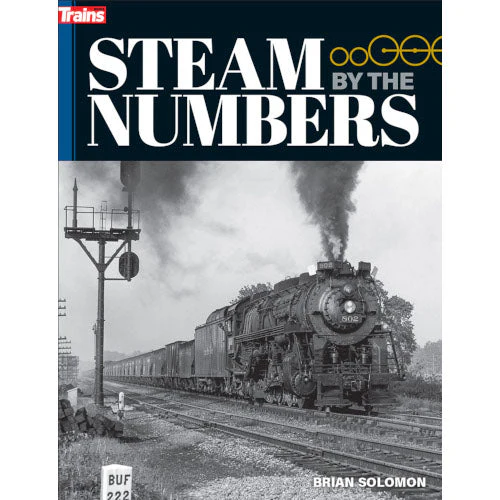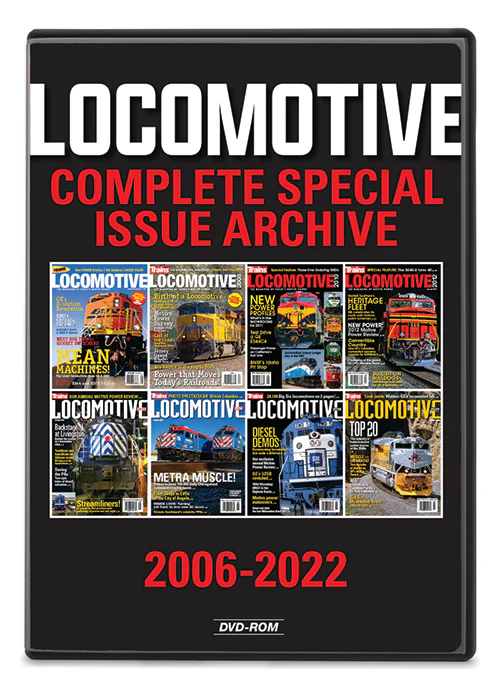It’s a small world after all…
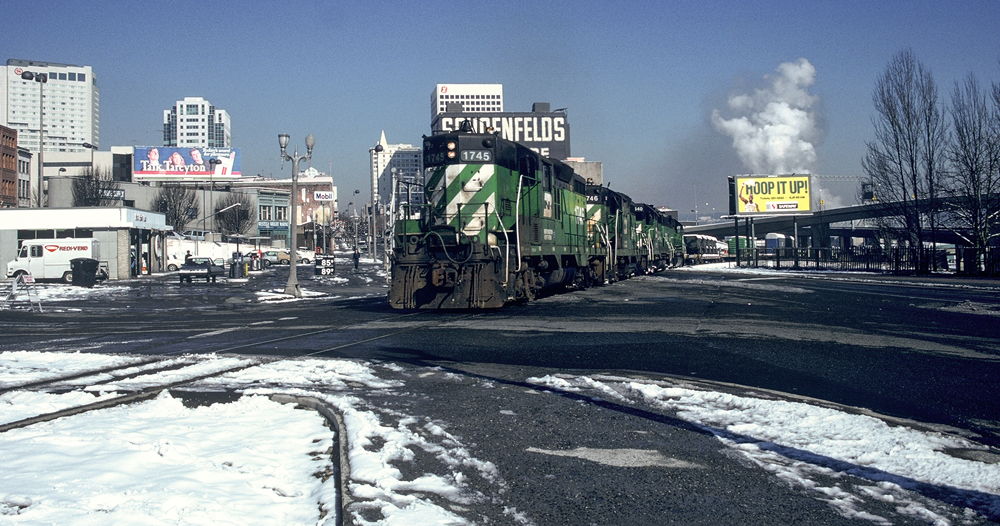
At the end of my Army gate story, I mentioned that the next day’s Mobase local crew was amused about having to fix our mess — well, I have to admit that was a tad bit sarcastic. Though it would take eleven years to learn the whole story.
When Pete and I shoved the cars into the four interchange tracks, we had no idea they needed to be in a certain order. Imagine showing up to an auto rack unloading facility and finding the racks facing different directions. It would take a long time to switch them to face the direction needed for unloading. I would not have been happy showing up and seeing that either.
Fast forward eleven years to April 1990 when I entered locomotive engineer training. I still joke that you spend six months learning to pass the test and the rest of your career teaching yourself the job. I was told by one of my instructors it would take three- to five-years to get comfortable everywhere I would run a train. That turned out to be the truth.
After I passed my written test in early October 1990, I had three weeks to kill before starting simulator training at Johnson County Community College in Kansas City. The simulator was a full-motion machine, just like the airlines have. They told students, do not slap the handles around because you will put yourself right through the front window and then the back window. They were not kidding; a guy decided to try that and ended up going home after knocking himself out in the simulator cab.
While I was waiting the three weeks before returning to Kansas City, I marked up on the Olympia Turn, called simply the “Oly Turn.” The job ran from Tacoma Yard to Olympia. The yard there was in the shadow of the state capitol buildings. My engineer was a nice man who knew my maternal grandparents. My conductor was a longtime acquaintance who knew me before I hired out. Two of the most wonderful people you could work with. One of the two brakemen was a large man, well over 6-feet tall, we’ll call Big Brakeman. Now, I don’t think Big Brakeman cared for me. Though, I do not think he really liked anybody.
After working our way from Tacoma and reaching Olympia, we parked the train, and walked downtown for lunch at the Spar Café. I started telling the crew of the mishap at Mobase eleven years earlier. Big Brakeman began to look agitated, very agitated in fact. Big Brakeman stands up, looks right at me mutters a bunch of four-letter words about kids (I have always been older than I look, if you ask me) working on the railroad, and starts marching out of the restaurant. The rest of the crew began laughing, which made Big Brakeman march out even faster. I had no idea what just happened.
My engineer looked at me and said, “You know he was one of the brakemen on the Mobase local the next day that found and had to deal with the mess you made.” I said, “No, that was like eleven years ago.”
Just for fun, after I passed my test to become an engineer and returned from Kansas City, I had paperwork for the Oly Turn engineer and conductor to give back. So I stopped by the office when they were tying up. They both indicated they still wanted the paperwork I had for them. I said I would be there in the morning to hand it over and go home.
When I showed up the next morning, Big Brakeman was sitting at the table with the rest of the crew. He looked up and said, “What the heck are you doing here?” Me, without missing a beat said, “I’m going to be your Fireman the next three months.” At this point, he stood up, said some more four-letter words to me, looked at the rest of the crew, and announced, “I’ll be in the yard walking the train.” He marched out, to much laughter again.
I provided the paperwork to the rest of the crew and went home. The engineer told me later, that when Big Brakeman got up on the lead locomotive after the air test was done, he sat in silence for about 20 minutes when he looked over to the engineer and said, “Where is that damn kid so we can leave.” The engineer, while doing his best to keep a straight face, explained that we were messing with him, and that I would not be on the job.
Now you know the rest of the story.
Read more from “An engineer’s life” series.






